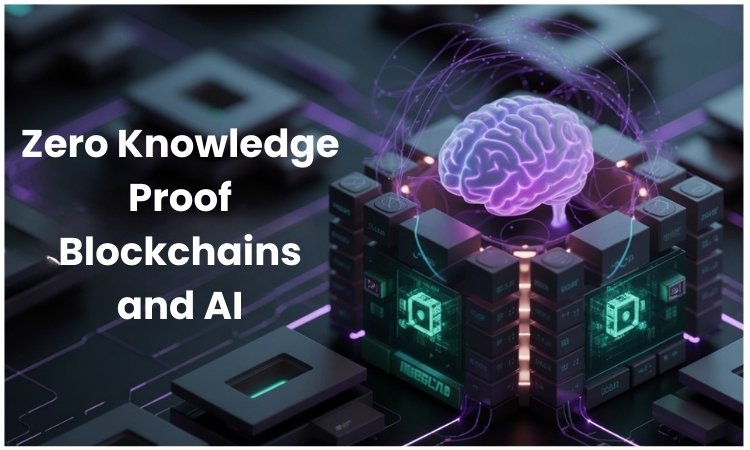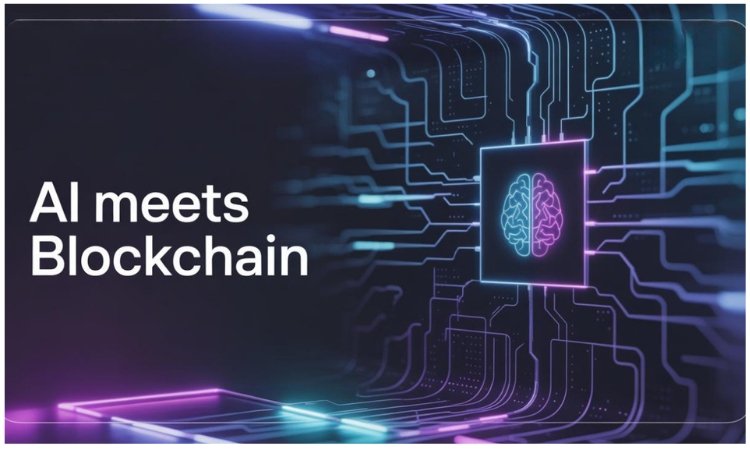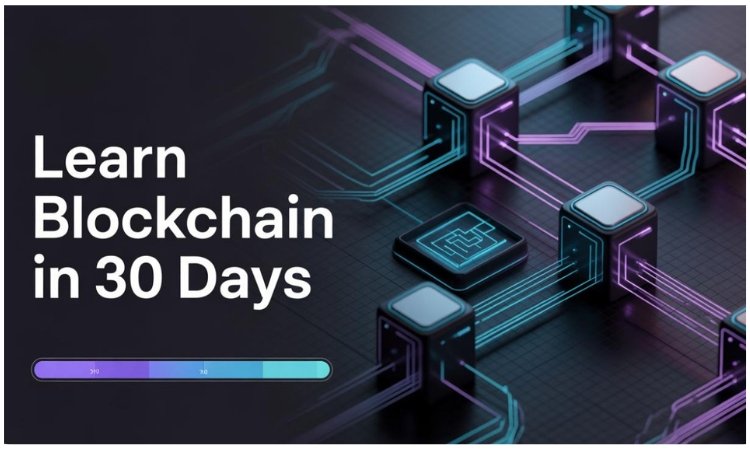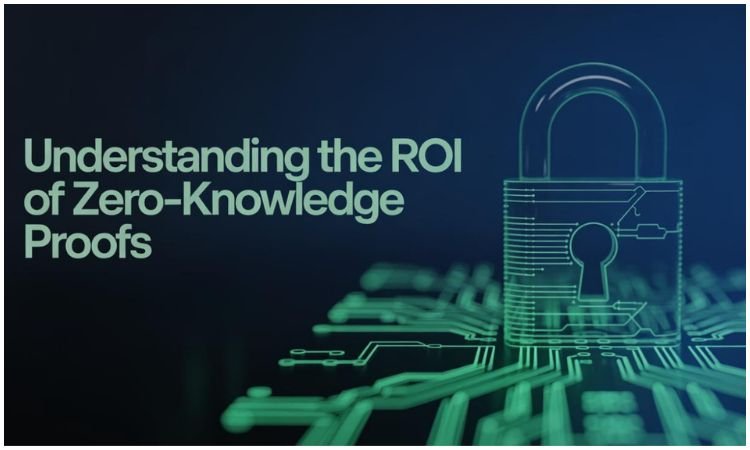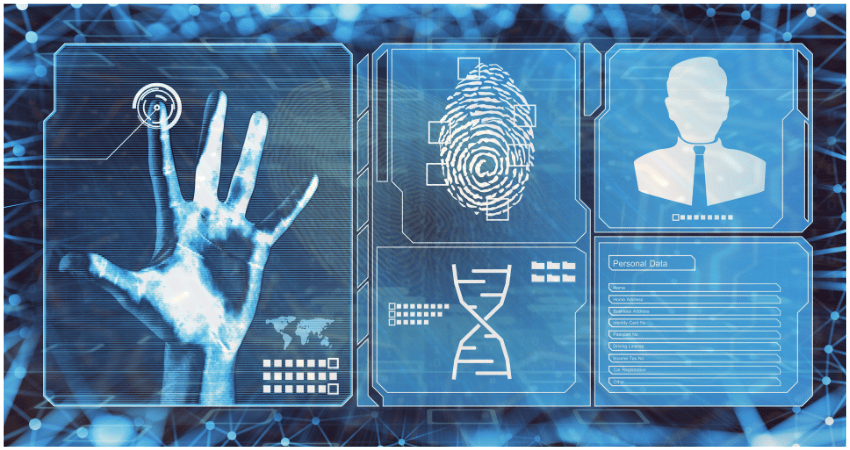
Zero-Knowledge Proofs: The Passwordless Bodyguards of Your Digital Identity
Forget hunting for that sticky note with your login scribbled on it in crayon (we’ve all been there). In the age of endless online accounts and ever-evolving security threats, the traditional username-password combo is as outdated as dial-up internet. Enter zero-knowledge proof application (ZKPs). It is the James Bond of the digital world. This is your best secret for safeguarding your identity without revealing a single incriminating detail. This is the best secret for you.
Zero-Knowledge Proofs: Unveiling the Mystery
You may prove your age in a club without showing your ID. The zero-knowledge proof application (ZKPs) options are strong. When they are over 21, they can prove information without revealing it, such as when they are over 21. Describing how it works:
- Proving Person: You know the secret, like your birthday.
- Verifier: To let you in, the bouncer checks your age.
The prover uses a complicated cryptographic procedure to convince the checker that they know the secret information without disclosing it. You may demonstrate how to open a safe without opening it and revealing its contents. The wonderful part about ZKPs is that they safeguard privacy while demonstrating knowledge.
The prover and validator perform mathematical calculations during this cryptographic dance. Verifiers may verify provers’ proofs. While confirming the evidence, the verifier conceals your birthdate. This technique is secure because the checker relies on the prover’s knowledge and doesn’t provide any private information.
Besides clubs, ZKPs have several uses. They can verify online transactions, verify academic credentials, secure personal data, and guarantee digital privacy. In the digital age, this cutting-edge technology protects our privacy and safety. That’s nice, right?
Why We Need a Better Way to Show Our ID Online
Although digital technology has made our lives simpler, it has also created a login and password labyrinth. We save login information for online banking, social media, health websites, and many more. Since we constantly have to prove who we are online, we lose control over our personal data and are more vulnerable to security breaches.
Common methods, like usernames and passwords, are problematic. Hackers, brute-force crackers, and shoulder surfers may be able to hack them. Computers contain confidential data, creating a single point of failure. Hackers may easily take personal information from it. One data leak may cost millions of individual’s money, cryptocurrency, identities, and influence.
This ongoing danger reduces digital confidence. Because of this, we frequently prefer convenience over safety while working online. If there was a better way,?
Novel problem-solving methods include zero-knowledge proof blockchains (ZKPs). They empower users to govern their online identities. ZKPs enable us to prove we’re over 18 without revealing our whole data picture. You wouldn’t divulge your date of birth when presenting your ID. This mentality adjustment helps users provide only the information required for each encounter, putting them in command.
Imagine buying shoes online without giving your SSN. ZKPs may improve digital connections, making the internet safer and more valuable.
From banks to ballot boxes: ZKPs in action
Zero-knowledge proofs (ZKPs) are useful for more than ditching the previous account and password. They provide customizable methods for secure and confidential name verification in a variety of online interactions.
1. Banking:
Imagine that online commerce was faster and safer. With a ZKP, you may indicate you have enough money to purchase without exposing your account balance. This increases checkout speed and reduces fraud risk by eliminating the need to communicate confidential bank information.
2. Healthcare:
3. Governance:
ZKPs are helpful because they smartly balance privacy and security. They protect internet exchanges and provide users with data management. Imagine a digital market where you can purchase and sell items with the same privacy as at a store. ZKPs may make the internet safer and more open.
The Perks of Being Zero-Knowledge
Increased Security:
Privacy Powerhouse:
Consent is king
The Not-So-Perfect Picture: The Challenges and the Road Ahead
Although ZKPs have drawbacks, they lead to a safer and more private digital future. Hard calculations are an issue. Current ZKP approaches are computationally intensive. This may make it difficult to utilize, particularly on mobile devices or in low-resource IoT applications. Imagine proving your identity on a low-processing wristwatch. It’d be rough.
Scalability is another issue. Computers may struggle to check several ZKPs at once. ZKPs may be tougher to employ in large locations, like online voting or identity management systems.
In addition to technological concerns, teaching people how to use this new technology and building faith in it are critical. Users must modify their security mindset to avoid the usual (but unsafe) username-password combination. Online chatters need to comprehend the benefits of ZKPs and feel comfortable using them.
Things will not be as horrible as they appear. These issues are continually addressed by research and development. ZKP algorithms are becoming more helpful and require fewer computer resources due to security advances. Hardware, such as specialist computers, also scales ZKPs. As technology advances and individuals become aware of ZKPs, online communication may shift. If they keep learning and innovating, ZKPs can make the internet safer, more private, and more user-focused.
A Future Where Identity is Yours
Identity management no longer requires data silos and privacy loss. Zero-knowledge proofs (ZKPs) demonstrate user-centric digital worlds. This future favors users over businesses and governments. Sharing just the information required for each encounter lets us navigate the internet safely.
Imagine not having to share your social graph to log into social media. To access age-restricted content without revealing your birthday, ZKPs verify your age. ZKPs allow us to use the digital economy more privately by revealing only transaction-relevant information rather than filling out endless forms and submitting personal information to buy an airplane ticket.
This user-focused approach boosts internet security. ZKPs lower our data footprint, reducing identity theft and targeted attacks. Imagine a system where hackers steal less, eliminating data breaches.
ZKPs’ superb balance strengthens them. They handle user data and safeguard online interactions. The future promises safer, more private, and empowered digital experiences. Users will finally own their digital identities.
Conclusion:
Yes, the road to widespread adoption of ZKPs may have its bumps. But the potential rewards are undeniable. Imagine a world where logging in feels less like fumbling through a key ring and more like a seamless handshake. We can build our digital interactions on trust, not the blind surrender of data, in this future. ZKPs are the key to unlocking this future, empowering us to navigate the online world with confidence and control. Now yushuexcellence.in has come up with the finest solutions in this matter.
They use the power of zero knowledge proof blockchains for extended security. As technology evolves and user understanding grows, ZKPs stand poised to revolutionize how we prove who we are online, ushering in a new era of digital identity built on security, privacy, and user sovereignty.


